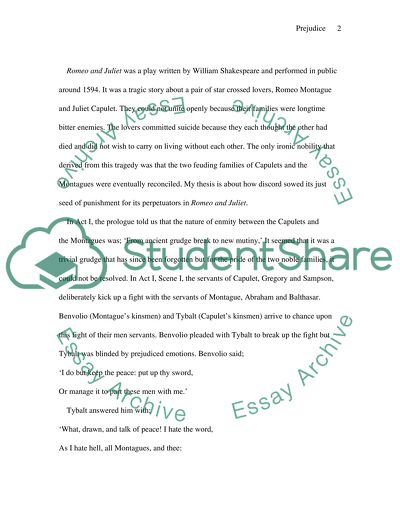Cite this document
(“Discord sows punishment in Romeo and Juliet Book Report/Review”, n.d.)
Discord sows punishment in Romeo and Juliet Book Report/Review. Retrieved from https://studentshare.org/literature/1515575-discord-sows-punishment-in-romeo-and-juliet
Discord sows punishment in Romeo and Juliet Book Report/Review. Retrieved from https://studentshare.org/literature/1515575-discord-sows-punishment-in-romeo-and-juliet
(Discord Sows Punishment in Romeo and Juliet Book Report/Review)
Discord Sows Punishment in Romeo and Juliet Book Report/Review. https://studentshare.org/literature/1515575-discord-sows-punishment-in-romeo-and-juliet.
Discord Sows Punishment in Romeo and Juliet Book Report/Review. https://studentshare.org/literature/1515575-discord-sows-punishment-in-romeo-and-juliet.
“Discord Sows Punishment in Romeo and Juliet Book Report/Review”, n.d. https://studentshare.org/literature/1515575-discord-sows-punishment-in-romeo-and-juliet.


